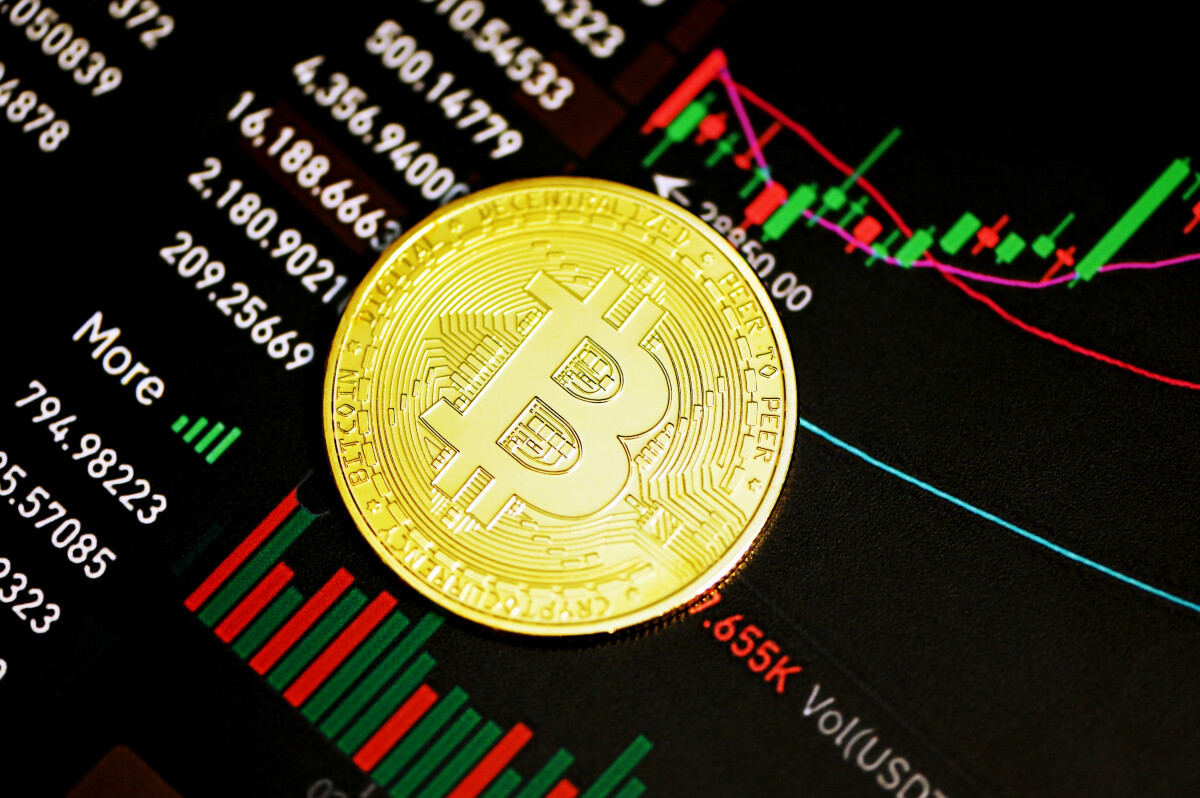Receive free Markets updates
We’ll send you a myFT Daily Digest email rounding up the latest Markets news every morning.
US stocks edged higher on Friday, but had a weekly decline alongside global equities that have slipped in recent sessions as investors assess the outlook for regional economies and interest rates.
Wall Street’s benchmark S&P 500 finished 0.1 per cent higher on Friday, losing 1.3 per cent in the holiday-shortened trading week. The tech-focused Nasdaq Composite climbed 0.1 per cent, trimming decline across the past four sessions to 1.9 per cent.
The weekly losses are partly due to stock market heavyweight Apple enduring a two-day sell-off that wiped almost $200bn from its market capitalisation following reports the Chinese government was planning to broaden a ban on iPhone use. Shares of the tech group edged 0.3 per cent higher on Friday.
But the indices’ slide also took place as data earlier this week indicated that while the US economy could be on course for a so-called soft economic landing, it would mean interest rates could remain elevated for a longer period. The latter would weigh on the prices of stocks and other risky assets.
Senior Federal Reserve officials signalled in recent days that the central bank would hold rates steady at its September meeting, but refrained from declaring an end to their fight against inflation.
European and Chinese stocks declined on a weekly basis, as both markets were hit by a string of weak data that made investors fret over the prospect of a global economic downturn.
The FTSE All World index finished flat after three straight days of declines that left it down 1.3 per cent for the week.
A streak of bleak economic data releases signalled a continued decline in China’s exports and imports, as well as a weakening services sector in Europe.
The majority of investors think the European Central Bank will hold back from further tightening at its upcoming policy meeting next week, but some bet there are still more interest rate rises to come before the end of this year.
“We do not think the ECB will want to ‘shock’ the market, particularly against a backdrop of weakening economic data,” said Paul Hollingsworth, chief European economist at BNP Paribas.
On Friday, though, Europe’s broad Stoxx 600 index closed 0.2 per cent higher to end a seven-session losing streak. The advance was helped along by energy stocks, which continued to track the rising price of oil.
Brent crude rose 0.8 per cent to $90.65 a barrel, it’s highest settlement price since November. West Texas Intermediate, the US counterpart, rose 0.7 per cent to $87.51.
The Stoxx Europe 600 Energy index rose 0.4 per cent, closing at its highest level since March.
US oil and gas stocks also advanced. The S&P 500 Energy index advanced 1 per cent on Friday, making it the benchmark’s best-performing sector. Valero Energy was a top performer, rising more than 4 per cent.
Oil prices have been climbing since the start of the week when two of the world’s top producers, Saudi Arabia and Russia, announced they would extend supply cuts until the end of this year.
Traders are poised for the closely watched US inflation report due next week, where higher commodity prices could push up the headline figure and trickle into other categories.
“We expect the August [CPI] report to be stronger than in recent months . . . due in large part to a surge in energy prices,” wrote Stephen Juneau and Michael Gapen, economists at Bank of America.
However, analysts do not “expect oil prices to drift too much upwards in the context of an overall slowdown in economic growth . . . and with the Chinese economy struggling to meet its growth targets”, according to Nadège Dufossé, global head of multi-asset at Candriam.
Asian markets edged lower on Friday, with China’s benchmark CSI 300 down 0.5 per cent, while Japan’s Topix fell 1 per cent. Hong Kong markets were shut because of storms and flooding.
Credit: Source link











